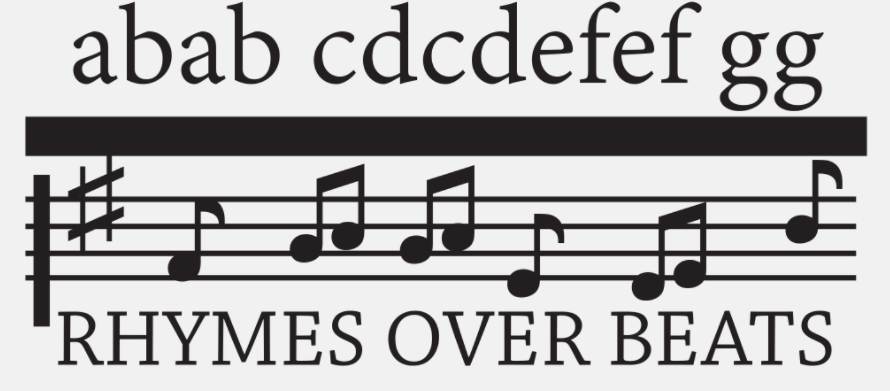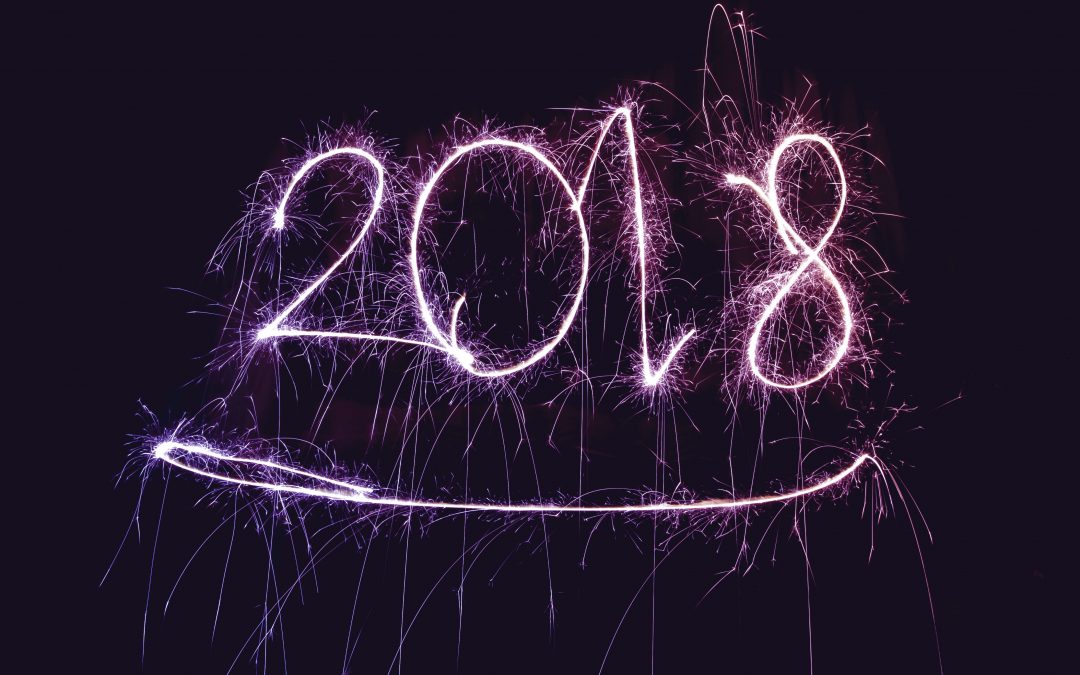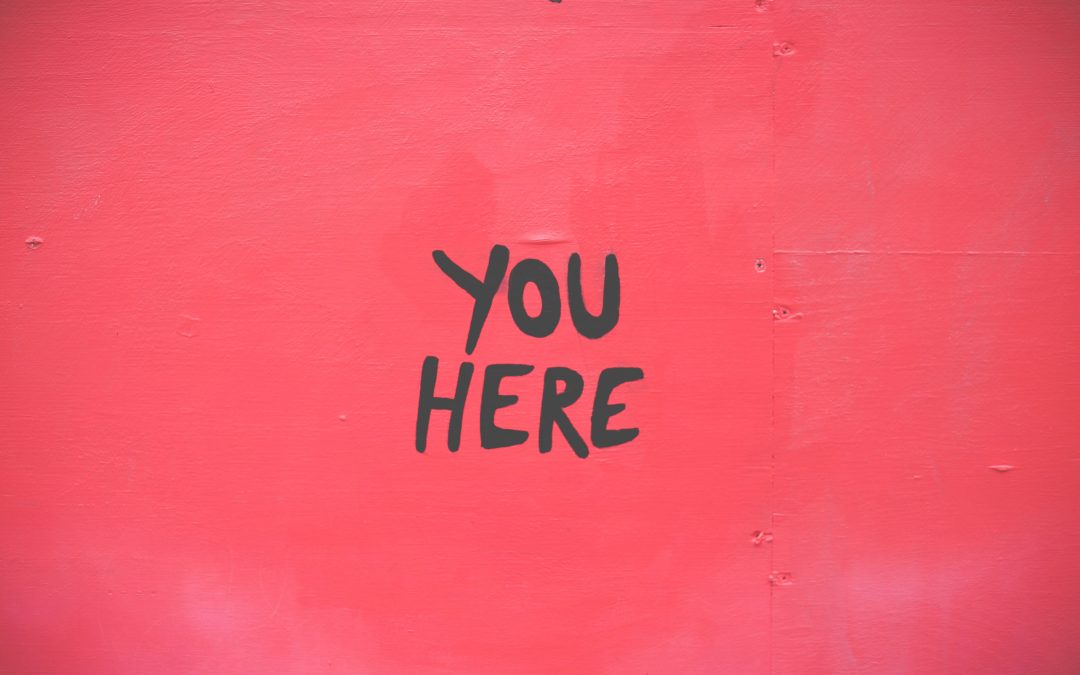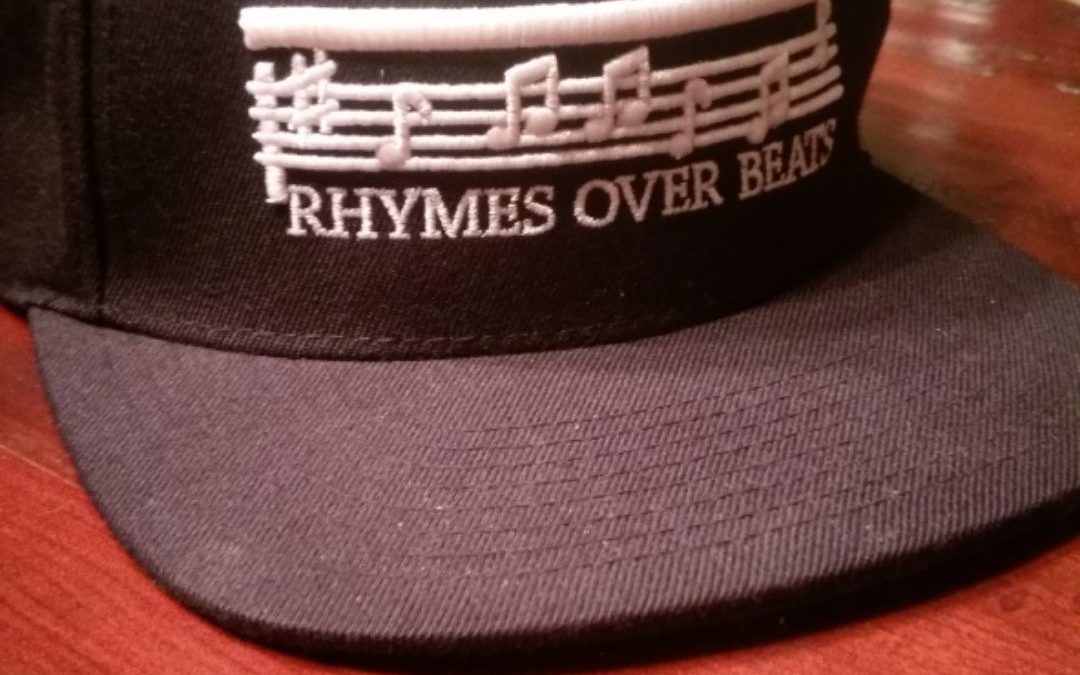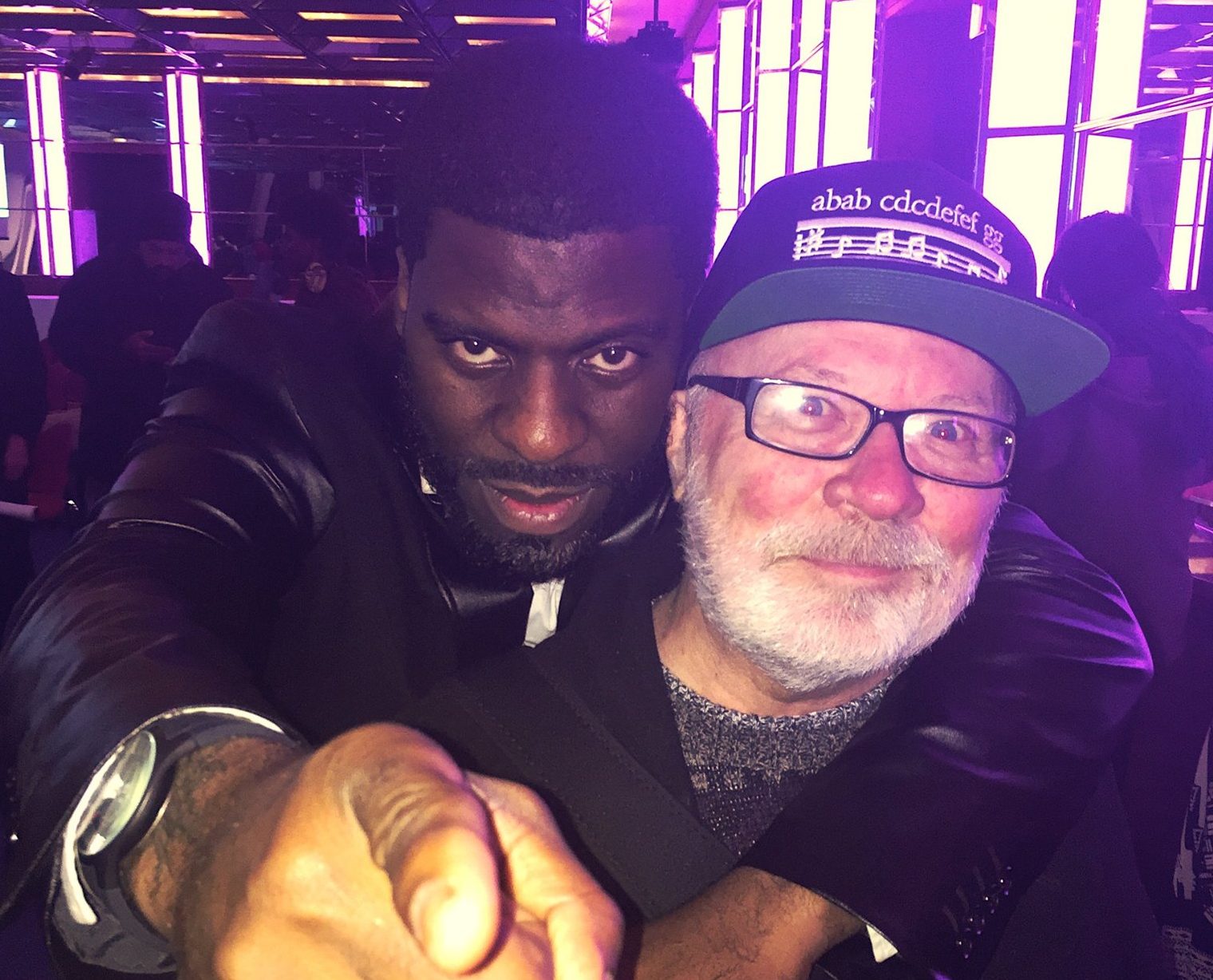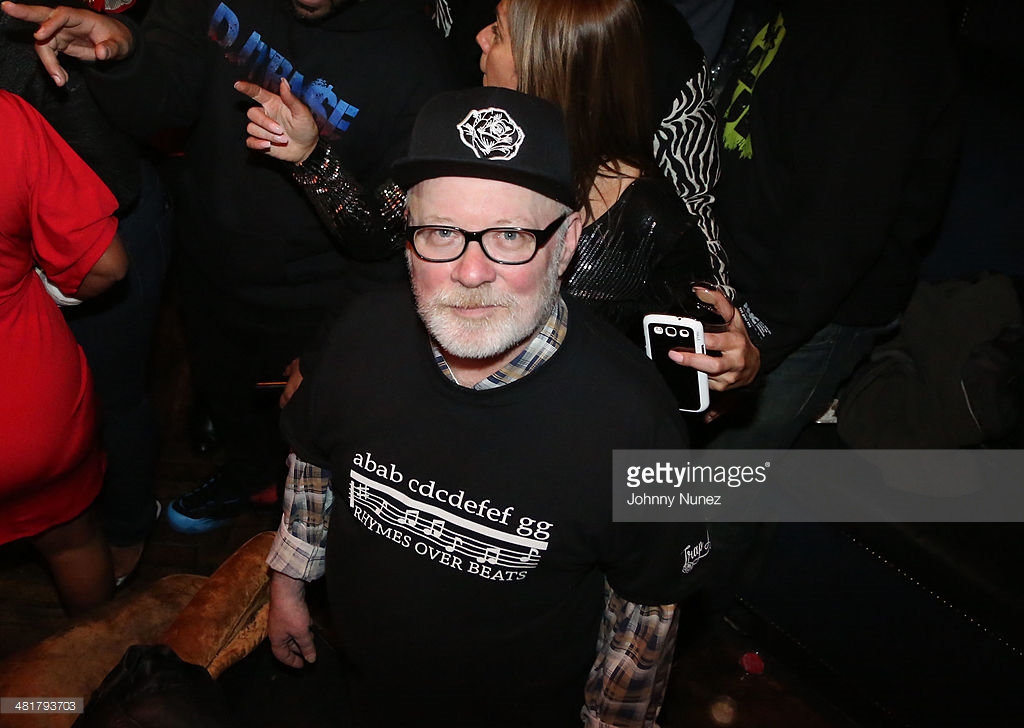
I Was Once Like You Are Now
by Patrick Blake
Old? Not a hip hop person?
More a theater person than anything else? Converted to hip hop theater by Hamilton?
If you only read one of our blogs this is the one you should read.
I was once like you are now.
I was a producer of the play The Exonerated. It detailed the inadequacies of the criminal justice system. When it closed I wanted to continue to use theater to change society on this issue. Especially the issue of unjust incarceration.
Two things I knew I needed to do.
- The first was to make it a musical play.
- The second was to use the music of today, hip hop, as the music. (This was before Hamilton.)
I’m not a rapper, so I knew I’d need to have an MC help me write it. But I’d also need to know more about hip hop.
So I started reading. And reading. About what hip hop is. What follows is a list of books that helped me understand what hip hop is and how it fits with theater.
It is not a complete list of everything I read but it’s a start.
The Books
Say Word: Voices from Hip Hop Theater, edited by Daniel Banks.
- A collection of essays by the pioneers of hip hop theater, written by people who were trying to create and define hip hop theater. In the years since some of them have become dated, but you can only know where you’re going unless you know where you have been.
The Rap Year Book by Shea Serrano.
- This book starts in 1979, and year by year discusses the most important song from that year. Most I had at least heard of, if not actually heard. What is good about this book is that it allows for disagreement. Not everyone agrees on what the “most important” hip hop song of the year is. Those people have their say in this book. It also lead me to listen to the songs.
- Every single one of the songs of the year has a YouTube video, so I was able to listen to almost forty years of hip hop. It was awesome.
Hip Hop America by Nelson George.
- I think this is the definitive history of how hip hop came to be, what came before it, and why it came to be.
This Day in Rap and Hip-Hop History by Chuck D.
- You want to know which album came out when? What additional artists were on the record? How it did in the marketplace? You want to learn fun facts from Chuck D’s comments, like “this has the world record for the most curse words in one song”? This book is for you.
The Big Payback by Dan Charnas.
- This is about the business side of the music and how it’s changed. One of our arguments to hip hop artists is that by supporting hip hop theater, you are helping to create additional revenue streams for yourself. This book gave me the insight to make that argument.
Hamilton Revolution by Jeremy McCarter and Lin-Manuel Miranda.
- This is a master class on how to write a hip hop musical. Line by line, scene by scene, act by act. If you only read one book on this list, this is the one.
Two more books
These are not about hip hop, but they are about the social and political conditions that created hip hop. Ideas of the sort of stories that hip hop theater should be presenting. And, they are great reading.
We Were Eight Years In Power by Ta-nehisi Coates.
- A collection of essays of things that need to have been said.
Once a Cop by Corey Pegues.
- The life story of one decorated NYC police officer.
This is only a partial list
I look forward to hearing your suggestions. What should I read? Put your ideas below!
